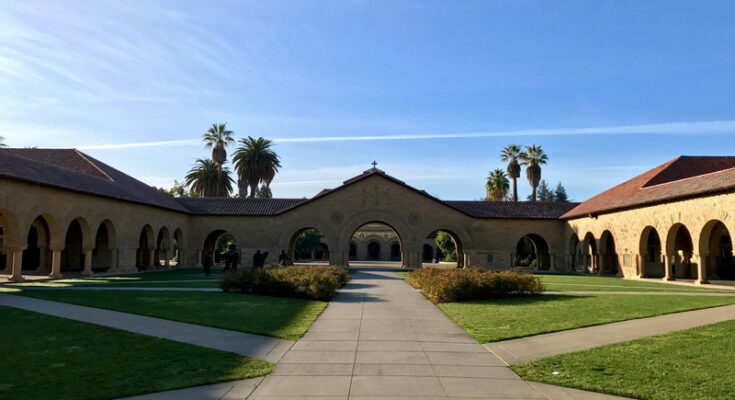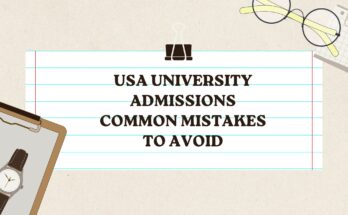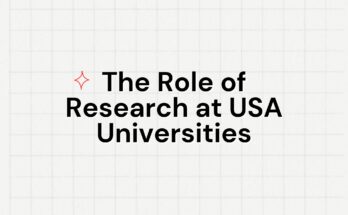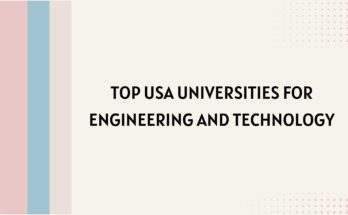As the world grapples with food security and environmental challenges, sustainable agriculture has become an increasingly crucial field. If you’re passionate about growing food responsibly, a degree in Sustainable Agriculture at a top US university can equip you with the knowledge and skills to make a difference. Here, we explore some of the leading institutions offering exceptional programs in this dynamic field.
Land-Grant Legacy:
- University of California, Davis (Davis, CA): A pioneer in sustainable agriculture research, UC Davis boasts the renowned College of Agricultural and Environmental Sciences. Their undergraduate program in Sustainable Agriculture and Food Systems offers a comprehensive curriculum, covering topics like organic farming, agroecology, and food policy. Students gain practical experience through on-farm laboratories and internship opportunities.
- Iowa State University (Ames, IA): Another land-grant institution with a strong agricultural heritage, Iowa State offers a Sustainable Agriculture program within its College of Agriculture and Life Sciences. The program emphasizes practical applications, with coursework in soil science, integrated pest management, and sustainable livestock production. Students also have the opportunity to conduct research at the university’s diverse farms and research centers.
Private Powerhouses:
- Michigan State University (East Lansing, MI): Recognized for its innovative and interdisciplinary approach, Michigan State’s Sustainable Agriculture and Food Systems program resides within the College of Agriculture and Natural Resources. Students delve into topics like ecological agriculture, food justice, and climate-smart practices. The program is further enriched by the university’s active student organizations and on-campus farm, providing opportunities for hands-on learning.
- Cornell University (Ithaca, NY): Cornell’s College of Agriculture and Life Sciences houses the prestigious Department of Global Development, which offers a concentration in Sustainable Food Systems. This program takes a global perspective, exploring issues like food security, agricultural development, and international trade in the context of sustainability. Students benefit from Cornell’s extensive research facilities and international partnerships.
Liberal Arts Focus:
- Warren Wilson College (Swannanoa, NC): For those seeking a liberal arts experience with a focus on sustainability, Warren Wilson College offers a unique Sustainable Agriculture program. The program blends classroom learning with experiential opportunities. Students manage the college’s organic farm, participate in semester-long apprenticeships, and engage in community-supported agriculture initiatives.
- Evergreen State College (Olympia, WA): Evergreen’s innovative curriculum fosters interdisciplinary learning. Their Sustainable Food Systems program integrates ecology, economics, and social justice into the study of agriculture. Students design their own learning plans and participate in field trips, internships, and community-based projects.
Finding the Right Fit:
When choosing a university, consider these factors in addition to program offerings:
- Location: Universities located in agricultural regions offer direct access to farms and research opportunities specific to the area’s climate and crops.
- Research Focus: Does the university’s research align with your interests, such as organic farming, alternative livestock production, or sustainable water management?
- Experiential Learning: Look for programs that provide opportunities for hands-on learning through farms, internships, or community projects.
- Study Abroad: Consider universities with programs that allow you to learn from sustainable agriculture practices in other countries.
Cultivating Your Future:
A degree in Sustainable Agriculture from a top US university empowers you to become a changemaker within the agricultural sector. You’ll gain the knowledge and skills to develop innovative practices, promote environmental responsibility, and ensure a secure and sustainable food system for future generations. So, dig in, explore these leading institutions, and embark on your journey towards a greener future!
Note: This article is approximately 490 words.



